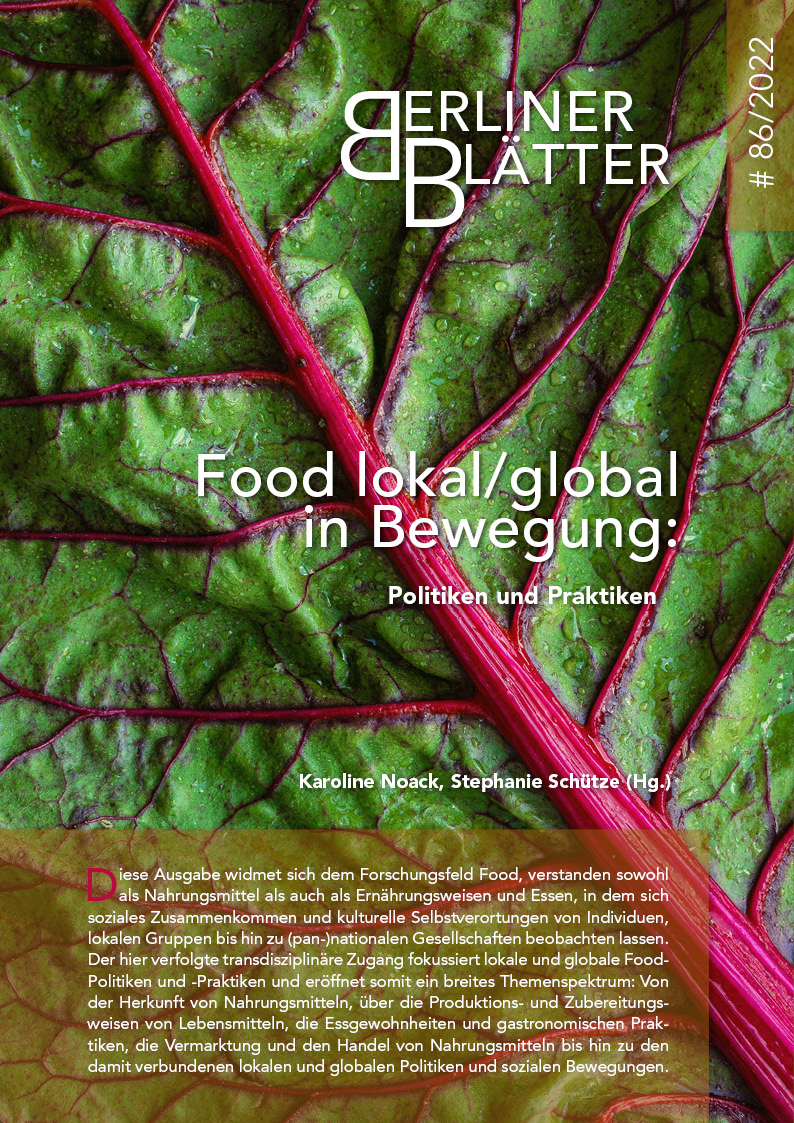Feminist Political Ecology of Agrobiodiversity and Food: Indigenous Leafy Vegetables in Kenya
DOI:
https://doi.org/10.18452/24398Keywords:
Gender, Agrobiodiversity, Human-Nature Relations, Feminist Political Ecology, KenyaAbstract
Current figures on the loss of biodiversity make it clear that there is an urgent need to develop strategies for conserving biodiversity. Against this background, the aim of the contribution is, firstly, to explain the driving factors that have led to the decrease in biodiversity by drawing on feminist perspectives on the human-nature relationship and thus to reveal essential blind spots and dominant narratives in the biodiversity discourse. Second, we advocate broadening the perspective of the discourse to the kitchen: everyday food practices must be considered in biodiversity policies, because - according to the central argument of our contribution - it offers the opportunity to connect agrobiodiversity with humans everyday life and to ‘taste' and 'experience' agrobiodiversity. The perspective on consumption and care offers the potential to steer the biodiversity discourse from a profit-oriented to a needs-oriented debate, beyond the discussion of exploitation of natural resources and the underestimation of women’s care work. In doing so, we rely on the feminist political ecology approach, which explicitly relates care work to ecological issues and natural resources. On the basis of empirical findings from a qualitative, participatory study of indigenous leafy vegetables in Kenya, we illustrate how women in different local and socio-economic contexts care for the conservation of biodiversity and, from the kitchen, actively contribute to sustainable livelihoods.
Downloads
Published
How to Cite
Issue
Section
License
Copyright (c) 2022 Berliner Blätter

This work is licensed under a Creative Commons Attribution-NonCommercial-ShareAlike 4.0 International License.








